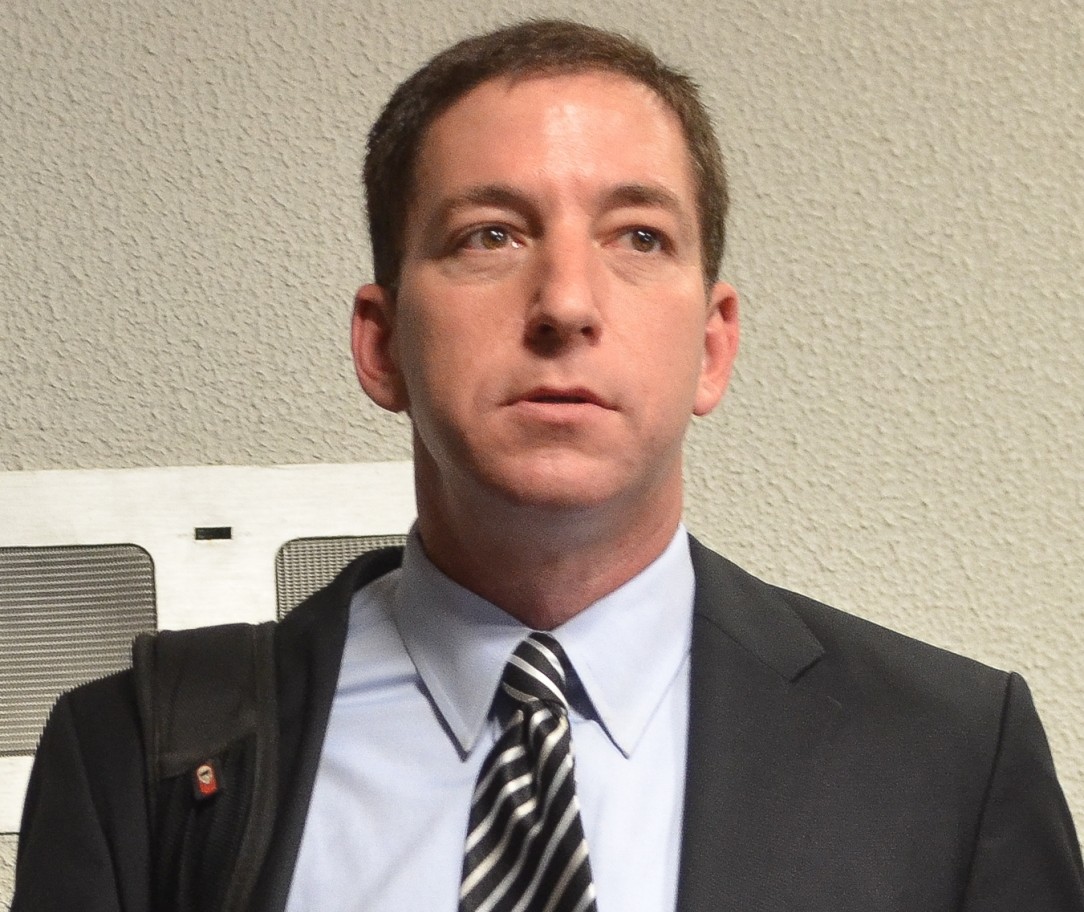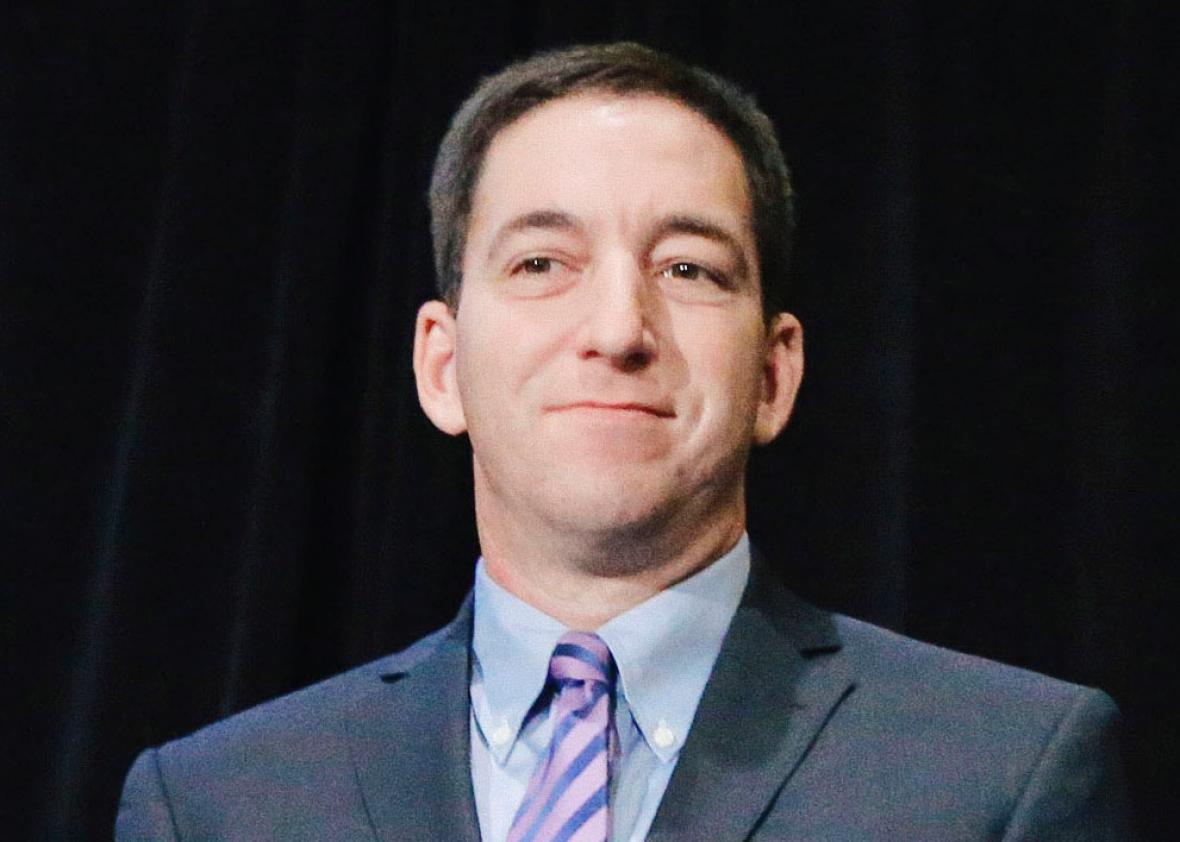Glenn Greenwald - A Voice For Truth
There's this person, Glenn Greenwald, who has, you know, made quite a mark on how we think about news and holding powerful people to account. He's a lawyer by trade, but many folks know him more for his work as a journalist, someone who really pushes for transparency. He has this way of looking at things, a bit different from the usual, which often gets people talking, sometimes quite loudly.
His work often brings up big questions about privacy, about what governments do in secret, and about the part the media plays in a free society. It's almost like he wants us all to really consider what's going on behind the curtains, rather than just accepting what we are told. He's been involved in some really significant moments in recent memory, moments that truly shifted public discussion around these important topics.
So, we are going to spend some time looking at his life, what he has done, and why he remains a person of interest for so many. We will try to get a better sense of the path he has taken and the ideas he stands for, the kind of things that have shaped his professional journey and, in a way, the public conversation itself.
Table of Contents
- Who is Glenn Greenwald?
- What Shaped Glenn Greenwald's Views?
- Glenn Greenwald and the Big Revelations
- How Did Glenn Greenwald's Work Change Things?
- The Intercept and Beyond - What's Next for Glenn Greenwald?
- Is Glenn Greenwald a Controversial Figure?
- Where Does Glenn Greenwald Stand Today?
- What Can We Learn from Glenn Greenwald's Approach?
Who is Glenn Greenwald?
Glenn Greenwald, a person known for his work in journalism and law, has spent a good deal of his career challenging powerful systems. He came from a family background that, in some respects, seems pretty typical for someone who ends up in the legal field. He went to George Washington University Law School, which is a pretty well-known place for legal studies. After finishing up his schooling, he started working as a lawyer, focusing on constitutional law and civil rights cases. This early work gave him a strong sense of how legal rules affect people's everyday lives and freedoms, a perspective that would shape his later pursuits.
His early legal practice, you know, involved defending clients who felt their rights were stepped on by the government. This gave him a hands-on feel for the kind of power that institutions hold. It also made him really aware of the importance of protecting individual liberties. He wasn't just reading about these things in books; he was actually, literally, in courtrooms, fighting for people. This sort of direct experience, I mean, really built up his resolve to speak up for those who might not have a strong voice.
Eventually, he started writing about legal and political matters online, sharing his thoughts and observations. This writing, at first just a side thing, began to get a lot of attention. People really connected with his clear way of explaining complicated ideas and his willingness to question what was generally accepted. It was through this writing that he started to move more towards journalism, seeing it as another way to push for accountability and to inform the public about important issues. So, his path from lawyer to journalist was, in a way, a natural one, driven by a deep concern for fairness and truth.
| Detail | Information |
|---|---|
| Full Name | Glenn Edward Greenwald |
| Born | March 6, 1967 (age 57) |
| Birthplace | New York City, New York, USA |
| Nationality | American, Brazilian |
| Education | George Washington University Law School (J.D.) |
| Occupation | Journalist, Author, Lawyer |
| Known For | Reporting on Edward Snowden's disclosures, co-founding The Intercept |
| Spouse | David Miranda (deceased) |
What Shaped Glenn Greenwald's Views?
Glenn Greenwald's way of looking at the world, particularly his strong stand on civil liberties and government transparency, seems to have come from a mix of things. His background as a constitutional lawyer, as a matter of fact, gave him a very firm grounding in the principles of individual freedom and the limits of government authority. He spent years in the legal system, seeing firsthand how power can be misused if it is not checked. This practical understanding, combined with a keen interest in political ideas, made him a strong advocate for open government.
He also, you know, paid close attention to how media outlets presented information. He often felt that many traditional news groups didn't push hard enough on official stories or challenge those in charge. This feeling that the public wasn't getting the full picture really pushed him to become a different kind of reporter, one who would ask the uncomfortable questions. He felt a strong sense of duty to provide information that might otherwise stay hidden, believing that people need all the facts to make good decisions.
The events of the early 2000s, especially after the September 11 attacks, played a pretty big part in shaping Glenn Greenwald's thinking. He saw how governments, in the name of safety, sometimes pushed for rules that seemed to take away personal freedoms. This made him even more determined to speak out against what he saw as overreach. His writing during this period showed a deep concern for protecting basic rights, even when it wasn't the most popular thing to do. He really believes that holding power to account is a core part of a healthy society, and that, is what he aims to do.
Glenn Greenwald and the Big Revelations

About Glenn Greenwald on HackerNoon

Glenn Greenwald | Books, Education, The Intercept, & Snowden | Britannica

Glenn Greenwald